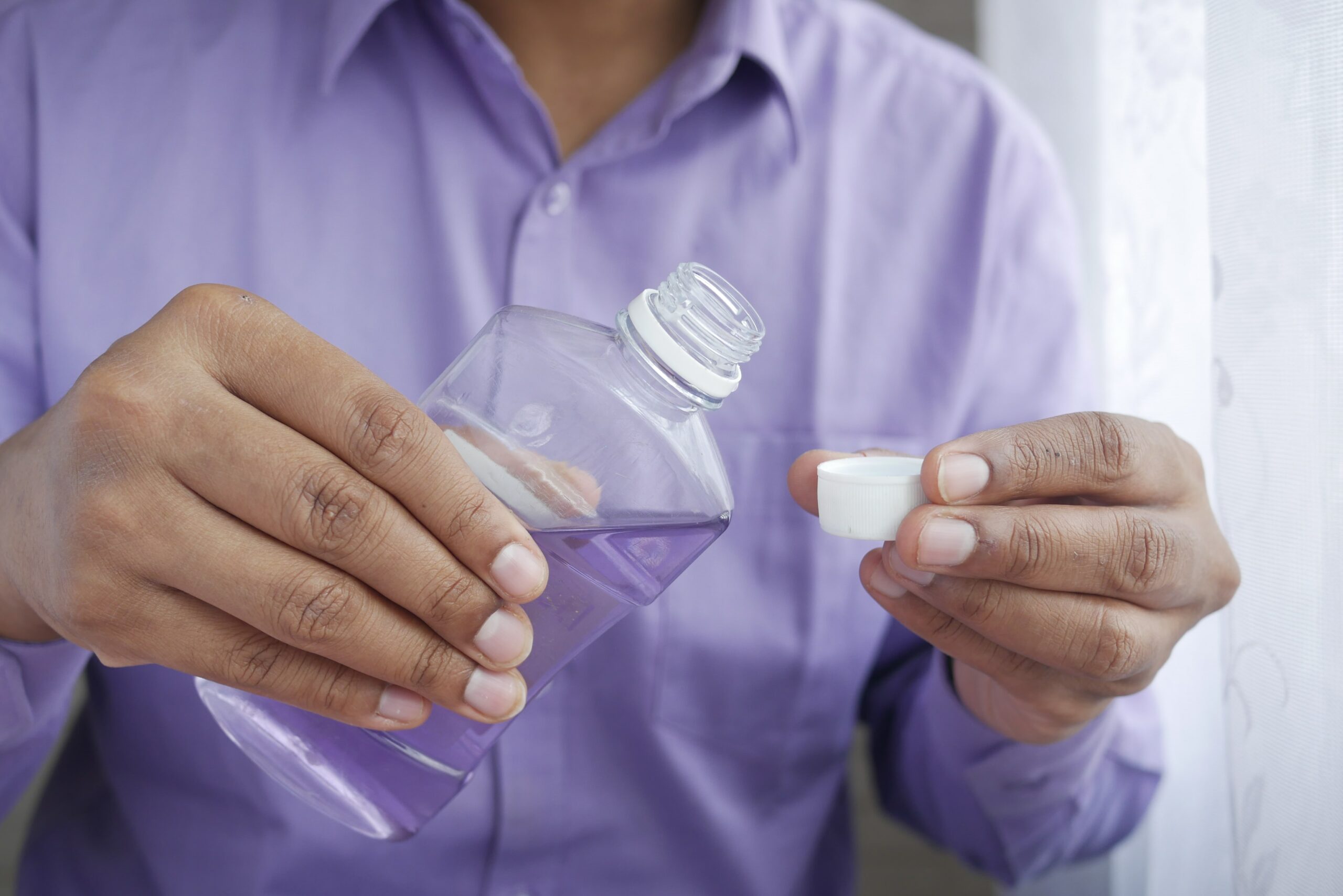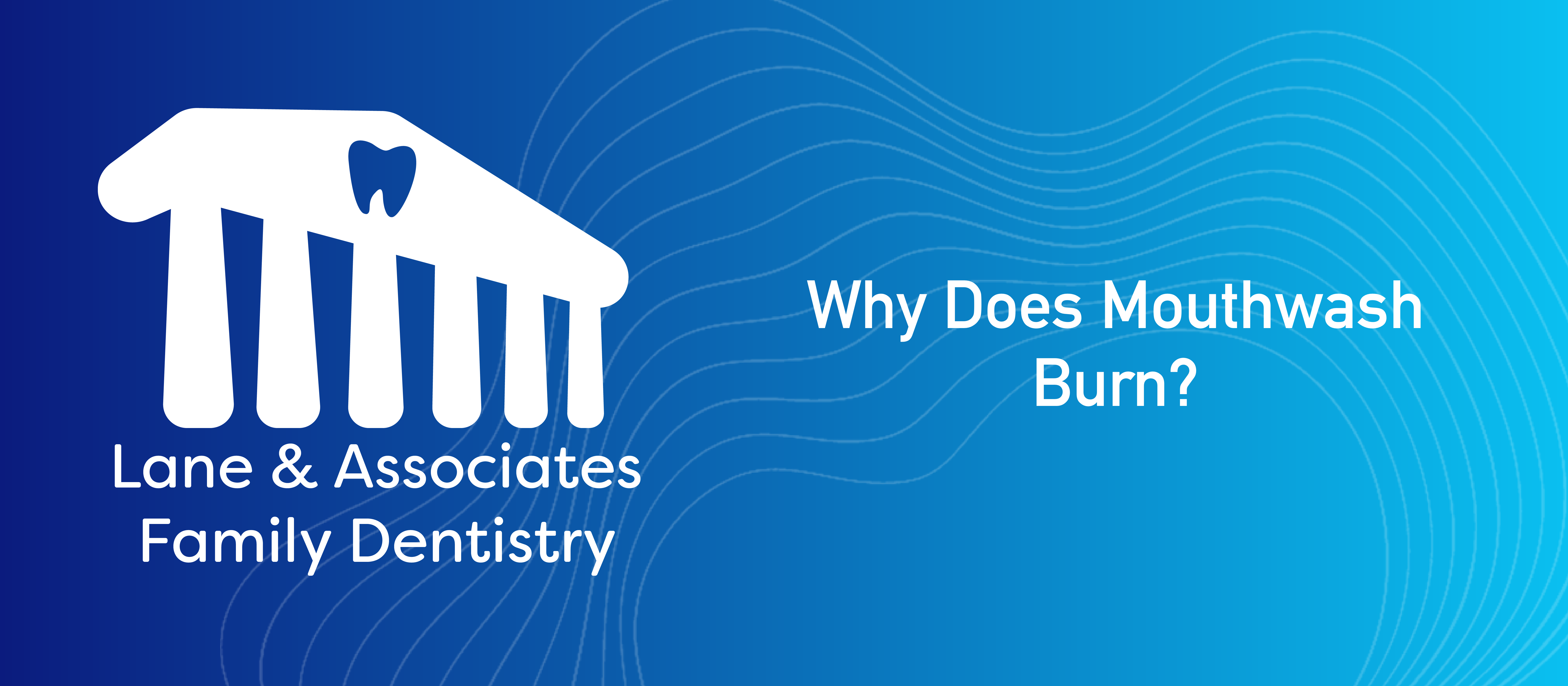Many people use mouthwash as a part of their daily oral hygiene routine, as it can help to kill bacteria and freshen breath. However, it is not uncommon to experience a burning sensation in the mouth after using mouthwash. In this article, we will explore the reasons behind this burning sensation, as well as tips for reducing discomfort and using mouthwash properly.
Ingredients in Mouthwash
Mouthwash contains a variety of ingredients, depending on the specific product. Some of the most common ingredients include alcohol, menthol, eucalyptol, and thymol. These ingredients work together to kill bacteria, neutralize odor, and freshen breath. However, some of these ingredients can cause a burning sensation when they come into contact with the tissues in the mouth.

Alcohol is a common ingredient in many types of mouthwash, and it is known to have a drying effect on the tissues in the mouth. This can cause irritation, which can lead to a burning sensation. Additionally, alcohol can cause a stinging sensation if there are any cuts or sores in the mouth.
Menthol is another ingredient that can cause a burning sensation when used in mouthwash. It has a cooling effect, which can be refreshing for some people, but it can also be irritating for others. Similarly, eucalyptol and thymol can cause a burning sensation due to their strong flavor and aroma.
Mechanism of Action
Mouthwash works by killing bacteria and freshening breath. The active ingredients in mouthwash interact with the tissues in the mouth, which can cause a burning or tingling sensation. This sensation is typically mild and short-lived, but it can be more intense for some people.
Sensitivity and Allergic Reactions
In some cases, the burning sensation after using mouthwash can be due to sensitivity or an allergic reaction to one of the ingredients. People with sensitive teeth or gums may be more prone to experiencing discomfort after using mouthwash. Additionally, some people may be allergic to certain ingredients, which can cause a more severe reaction.
Symptoms of an allergic reaction can include itching, swelling, and redness in the mouth, as well as difficulty breathing. If you experience any of these symptoms after using mouthwash, it is important to stop using the product and seek medical attention right away.
Proper Use of Mouthwash
To minimize discomfort when using mouthwash, there are a few tips that you can follow. First, consider diluting the mouthwash with water before using it. This can help to reduce the strength of the active ingredients, which can help to minimize the burning sensation.
Additionally, rinse your mouth with plain water after using mouthwash. This can help to remove any remaining residue and can also help to soothe any irritation.
If you have a history of sensitivity or allergic reactions to certain ingredients, talk to your dentist or doctor before using mouthwash. They can help you to choose a product that is less likely to cause discomfort or an allergic reaction.
Conclusion
In conclusion, the burning sensation that can occur after using mouthwash is usually due to the active ingredients in the product. While this sensation can be uncomfortable, it is typically mild and short-lived. By diluting mouthwash with water, rinsing with plain water afterward, and avoiding products that contain ingredients you are sensitive or allergic to, you can reduce discomfort and maximize the benefits of using mouthwash for good oral hygiene.


